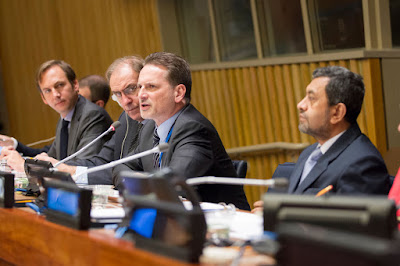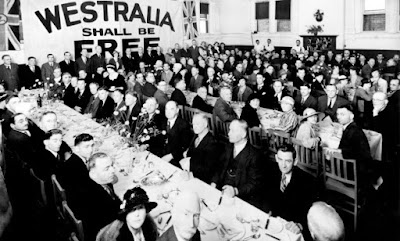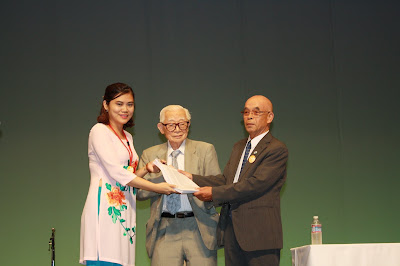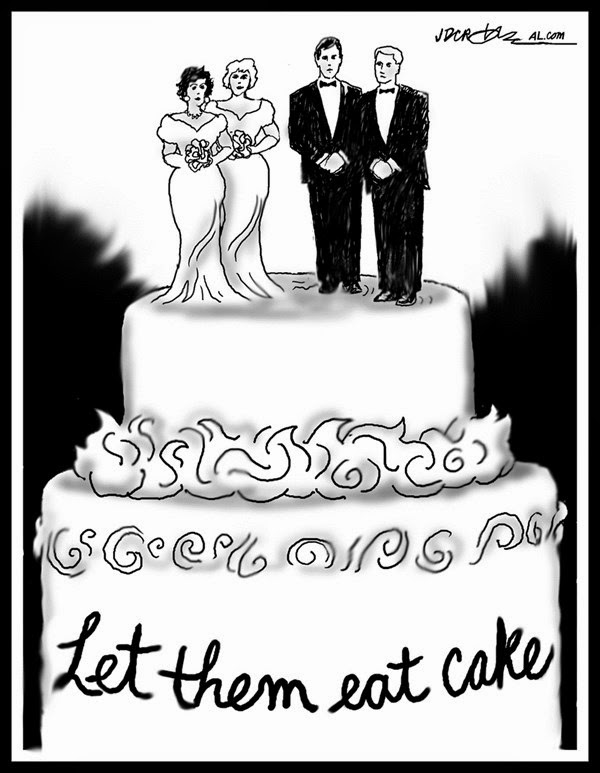Decolonization in the Caribbean #9: Colonialism's Canons
For a few hours on the last day of the UN C24 Regional Seminar, we were given a tour of some historic locations around Kingstown, the capitol of St. Vincent and the Grenadines. This image is from a canon in Fort Charlotte, which was built high atop a hill overlooking the capitol by the British in the late 18th century. As we toured the fort, our Vincentian guide shared many colorful, sometimes humorous and sometime tragic stories about his island's colonization. He connected the struggles today, to those of the past. He echoed what so many had told us over the week we and other experts and foreign delegates were in the country, that everywhere you go, you see the legacies of native genocide and African slavery. From the fort's battlements he showed us failing banana plantations, areas where underground economies are surging, the divisions between rich and poor neighborhoods around Kingstown and even incorporated some Caribbean musical lyrics as well. When I took this pi




